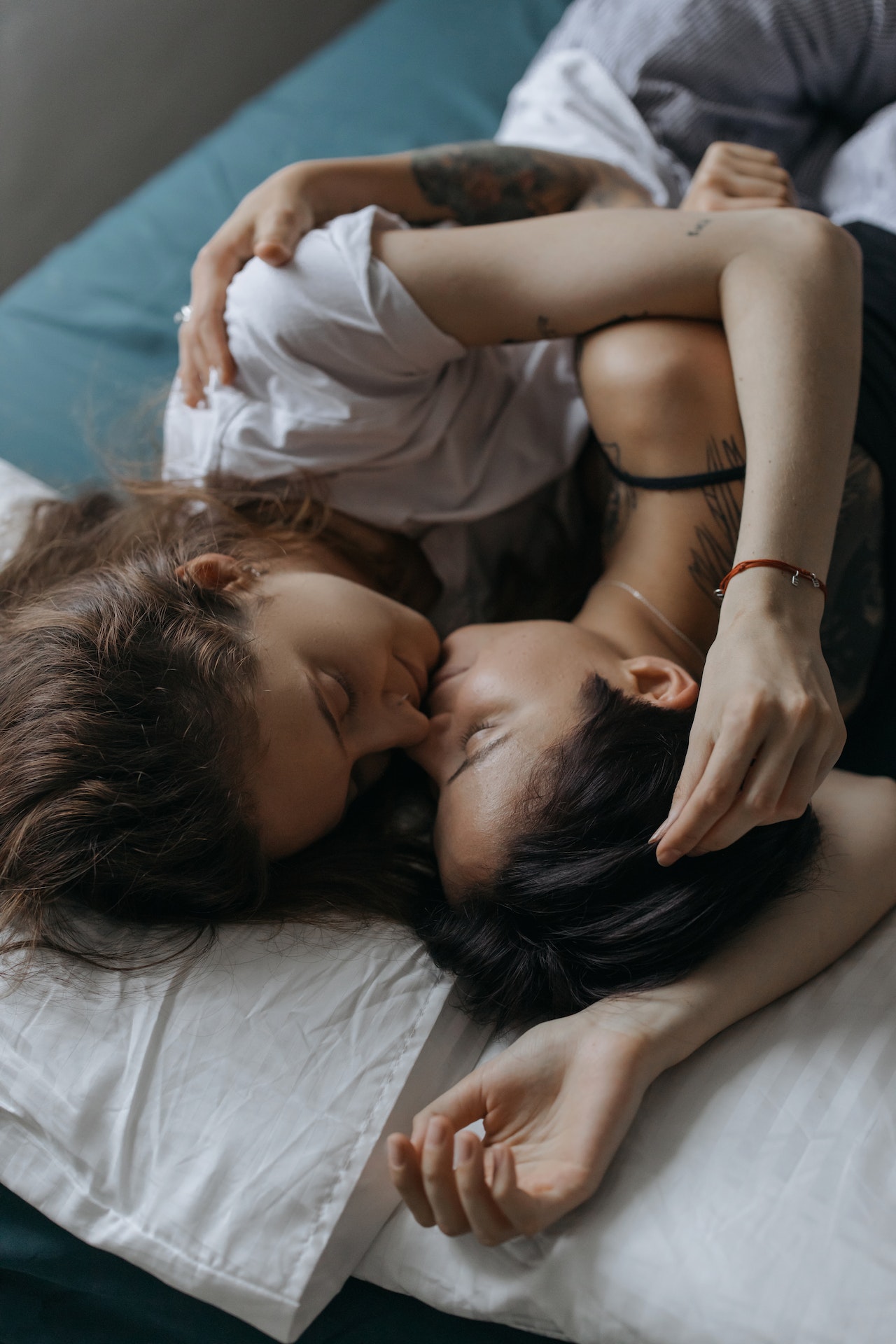
Toward the end of 2019, the love of my life America dumped me, and I found myself on a roller-coaster ride from LA to the Philippines to Australia as I was catapulted back to my hometown just like the lead character in a Christmas movie.
It was a rough ride filled with panic attacks, anxiety, and hay fever.
And just like all quirky comedy movies that force the protagonist back to their hometown, I faced all my greatest fears and felt like I regressed right back to my teen self.
All the personal and spiritual growth I’d had living in LA came crashing down around me, and I had to work really hard with coaching, personal development programs, and meditation to create safety in myself in an environment that had previously felt unsafe.
I had to create loving boundaries for myself and communicate what I needed with friends and family so I could maintain my connection to my centre and not get swept back into behaving in ways that triggered anxiety.
I had to stop:
>> Putting aside my needs for others.
>> Speaking about things that didn’t feel good to my nervous system.
>> Falling into a therapist role with family and friends and taking on their pain.
>> Not speaking my truth to save people’s feelings or maintain a connection.
>> Saying yes when my instinct or intuition said no.
I had no choice but to stop behaving in old patterns as any time I tried to override my needs or intuition, my anxiety was like a screaming baby threatening to self-destruct if I didn’t attend to its needs. The pandemic helped me out with that by throwing me into intense isolation.
I faced losing the people I loved the most in order to save myself.
I tried as best I could to communicate my process and I was so grateful that many people were able to be supportive of my shifts. But, of course, change isn’t always easy, and some people had trouble understanding why I was pulling away from them or behaving differently, and their nervous system took a hit.
With the understanding of trauma, it makes sense that loved ones can take changes in relationships personally. We’ve all done it at some time or another.
Sarah Baldwin, a trauma coach I did an intensive course with, says that making these changes in our relationships is like being part of a play where our friends or family members are all playing roles, and if one person stops saying their lines, the whole production falls apart. So that’s why people get upset; they’re essentially saying, “Why aren’t you saying your lines!?”
But with persistence and compassion (this time, firstly for myself, and then others), I managed to create loving boundaries for myself and communicate my needs in a way that allows me to now laugh about the changes with my family and friends.
Here are 10 loving boundaries I created for myself and communicated to loved ones that you can implement for healthier relationships:
1. I rarely talk on the phone unless it’s for a specific reason.
2. I can be inconsistent with messaging.
3. I try not to have conversations about heavy things that haven’t already been discussed first with a coach or therapist so I don’t fall into a therapist role and to avoid codependent relationships.
4. I avoid gossip and talking doom and gloom (this doesn’t mean avoiding honest, deep conversation, but speaking about it in a way that is healing rather than retraumatizing, focusing on lessons, transformations and the solution, and laughing at our pain rather than regurgitating problems as much as possible).
And I especially don’t do “b*tchy” (unless I’m doing a pretend valley girl accent for fun, but never for the purpose of being mean or taking my bad mood or day out on someone else). When I’m in a bad mood (ahem, unregulated nervous system), I own it and am mindful not to blame others.
5. If a friend is upset and wants to talk, I ask what it’s about so I can feel into whether I’m in the right space to hold space for them, and if not, I honor my no and ask if I can support them in another way or at another time.
6. I prefer group catchups and only have energy for limited one-on-one catchups.
7. If my intuition gives me a no, I don’t override it in order to avoid offending someone and may cancel plans (I still show up for the important things though).
8. I communicate that I need time alone and that’s a valid reason to say no to a catchup or event.
9. If there’s a conversation that might trigger anxiety, I ask to change the subject or leave the room when I can.
10. I don’t do “best friends.” Of course, there are people I’m closer with at different times and my childhood besties will always remain, but I don’t like making people “more” or “less” special or creating conditional friendships.
And I’m clear that all this is my responsibility; I just communicate it.
It’s not about expecting others to behave in a certain way; it’s about learning to trust that I’ll be true to and take care of myself.
The person we’re really wanting to create safety with is not the other person. (Although having people who can hold safe space is helpful and healing); the person we really need to feel safe with is ourselves.
It’s about learning to trust that we’ll lovingly speak our truth and honor our needs and boundaries regardless of how others behave—and forgive ourselves when we don’t.
I don’t always get it perfect; I still make “mistakes” (ahem, learning curves) and can slip into old patterns, but I’ve gotten to the point where I feel like my relationships are healthier than they’ve ever been and they feel even more connected.
Now when I spend time with people, our time together is nourishing and uplifting; it’s quality over quantity.
It’s taken me about six years of attempts to communicate more consistently that I like to predominantly base my catchups around activities so that we share nervous system regulating experiences together and form cherished memories rather than getting stuck in unconscious conversation loops repeating and reinforcing limiting beliefs and dysfunctional patterns.
Communicating this need has allowed me to share nourishing getaways and many magical, fun activities and events with old friends and new friends.
I’ve had a ball:
>> Getting high on breathwork events.
>> Surfing and adventuring.
>> Dancing at music festivals.
>> Watching sunsets on roller blades.
>> Seeing dolphins on boat trips.
>> Laughing during zumba classes.
>> Sharing turmeric chais and bike rides.
>> Singing and chanting.
>> Playing board games.
>> Cold swimming and playing in the ocean.
>> Living the rom-com dream at fun singles events.
All things I had thought, for a time, I may never be able to do again.
Feeling grateful and reminding anyone who needs to hear it that you can ask for what you need and have healthier relationships. Even if it looks messy now, it can transform.
Even if, at times, it doesn’t seem like it—what’s best for us is best for our loved ones.
People are adaptive and beautiful and, at the end of the day, at the very core, the only thing every single human on this planet wants is love.
Disclaimer: not every person is able to have a healthy relationship with us. With some people it can be better to love them from a distance with no contact (although I do like to believe that, at some point, being back in contact may be possible).
~

This account does not have permission to comment on Elephant Journal.
Contact support with questions.